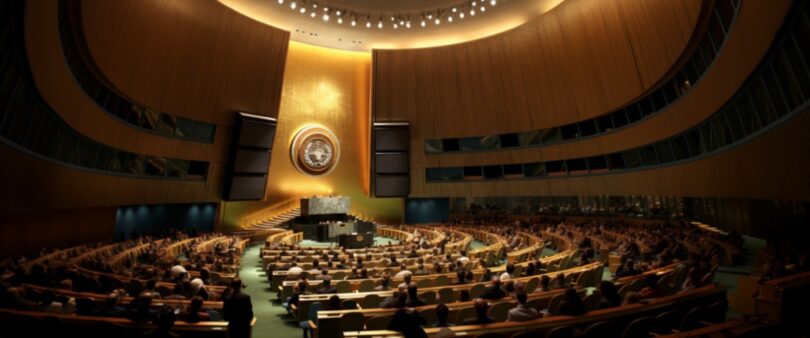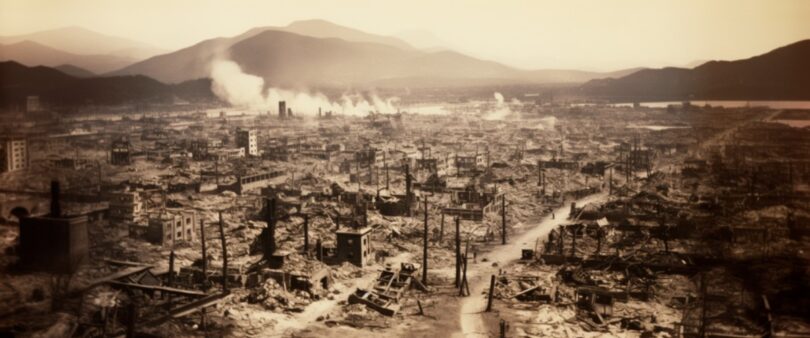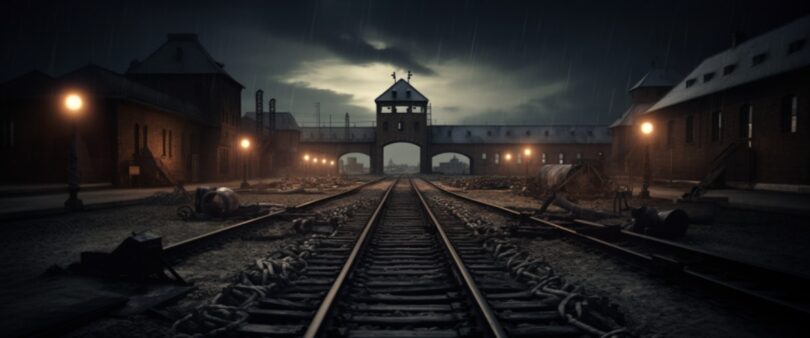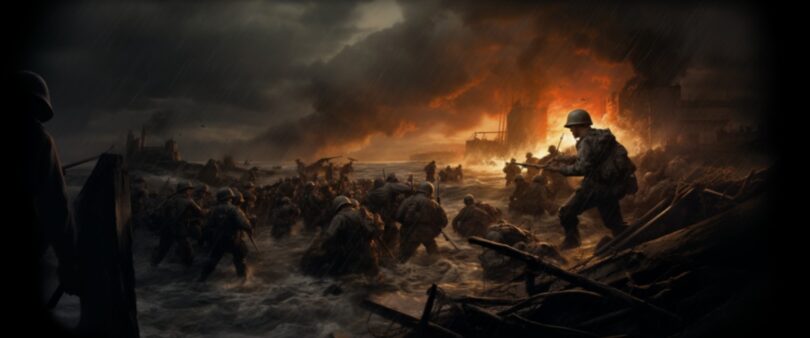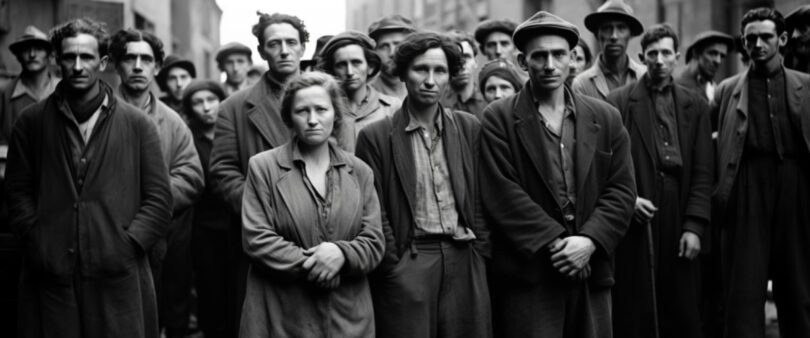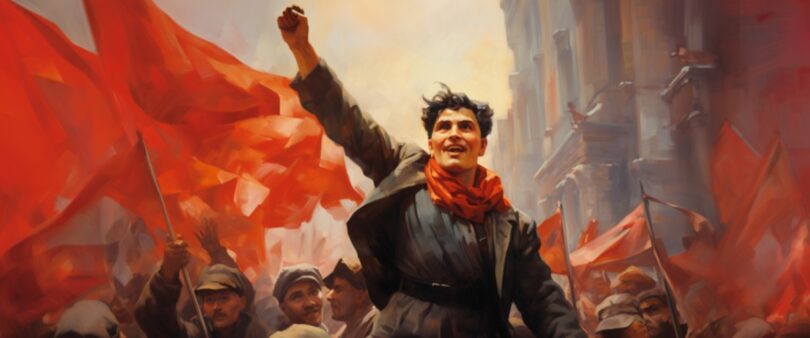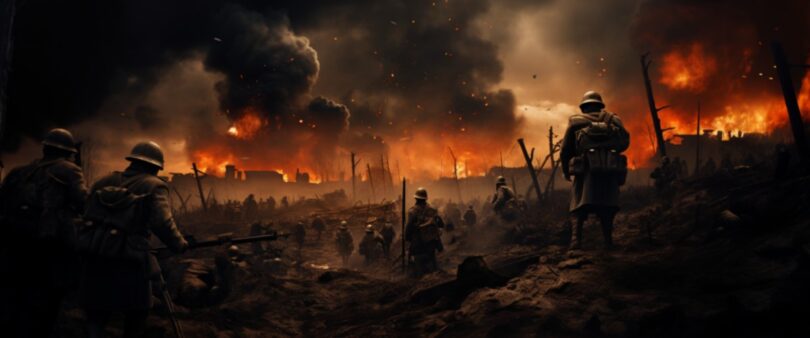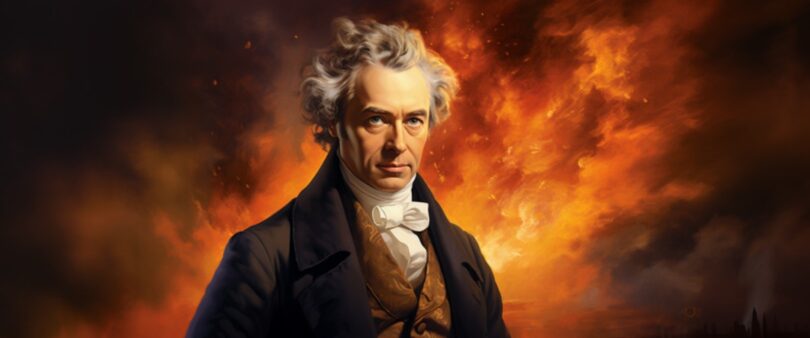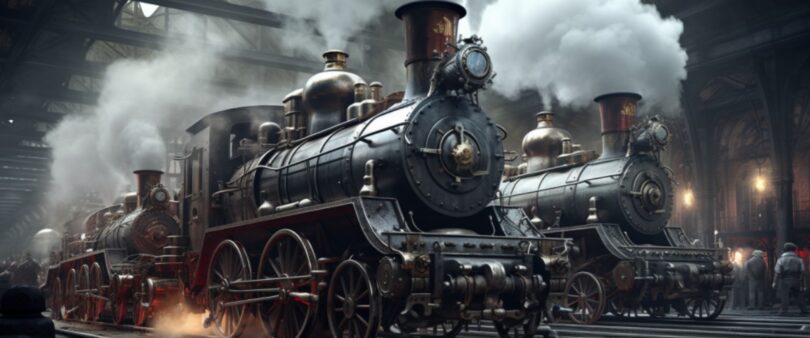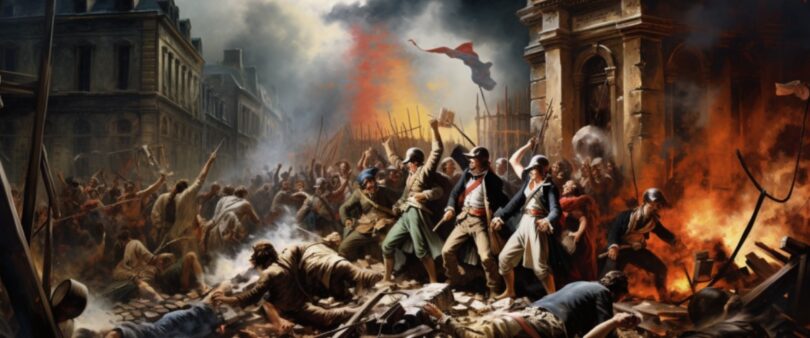The establishment of the United Nations (UN) in 1945 marked a cardinal moment in world history, symbolising collective hope for peace and cooperation among nations following the devastation of the Second World War. The UN was...
Latest Posts
The Atomic Bombings of Hiroshima and Nagasaki (1945): Introducing the world to the devastating power of nuclear weapons.
A haunting epoch in human history, the atomic bombings of Hiroshima and Nagasaki in 1945 unfolded a devastating chapter that reflected the culmination of war-time technological advancements and strategic decisions, causing...
The Holocaust (1941-1945): The genocide of six million Jews by the Nazi regime.
The Holocaust refers to the systematic genocide of approximately six million European Jews, orchestrated by Adolf Hitler and the Nazi Party. Spanning from 1941 to 1945, this grotesque campaign also targeted millions of other...
World War II (1939-1945): A global war with significant political and cultural implications.
A cataclysmic event, World War II wreaked havoc upon nations and left an indelible mark upon the world, permanently altering the socio-political and economic landscape of the global community. Background: A Smouldering Fuse...
The Great Depression (1930s): The worst economic downturn in the history of the industrialised world.
The Great Depression, spanning the 1930s, was a severe worldwide economic depression that had a profound impact, particularly on Western countries. It was a period that significantly altered the economic, social, and political...
Russian Revolution (1917): The rise of the Soviet Union and the spread of communism.
The Russian Revolution of 1917 stands out as one of the pivotal moments in world history, engendering a seismic shift not only within the domestic boundaries of Russia but also across the global political landscape. The episodic...
World War I (1914-1918): The first modern global conflict, leading to major political changes worldwide.
World War I, fought from 1914 to 1918, fundamentally shifted global powers, reshaped borders, and resulted in the loss of millions of lives. A conflict initially centred in Europe, it burgeoned into a full-scale global war...
The Abolition of Slavery (19th century): Various movements leading to the end of the transatlantic slave trade.
In the 19th century, an era-defining movement unfolded: the abolition of slavery, a monumental triumph for human rights and dignity. Rooted in sheer oppression, slavery had stripped countless people of basic human privileges. Its...
The Industrial Revolution (late 18th to early 19th century): Major changes in agriculture, manufacturing, and transportation.
Embarking upon an era that remarkably transformed civilisation, the Industrial Revolution laid the foundational stones of modern industrial society and influenced almost every aspect of daily life. This notable period in history...
The French Revolution (1789-1799): Led to the rise of Napoleon and the spread of republican ideals.
A transformative period that forever altered France and indeed, much of the world, the French Revolution unravelled between 1789 and 1799. Symbolising a decisive rupture with the ancien régime, the revolution paved the way for...

